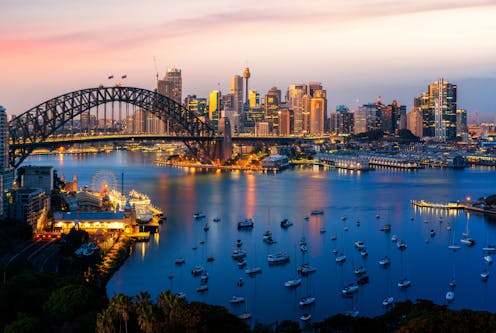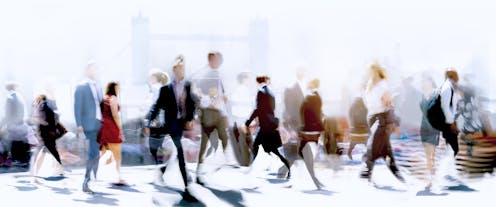Catalonia makes up with Salvador Dalí after a turbulent relationship
 How dare you!Roger Higgins
How dare you!Roger HigginsCatalonia seems to have finally pardoned Salvador Dalí. Its gesture? To name a public square after the infamous surrealist.
Spain has recently been paying considerable attention to the names of its streets and squares. The Spanish urbanscape tends to be littered with the names of the country’s heroes and (less frequently) heroines. And their fortunes of course rise and fall with the inevitable shifts of historical perspective and historical memory.
One such shift is occurring at present, with various civic groups and websites on the hunt for echoes of the Franco past, outing topographic names, monuments and public inscriptions and calling for their renaming. And various historical figures are being re-evaluated – as with Barcelona’s promise finally to honour Salvador Dalí. Spaniards, Catalans, Basques, and Galicians are very conscious of the ways in which their built environment records and memorialises history.
Even so, the decision of Barcelona’s city councillors to name a square after Salvador Dalí comes as something of a surprise, despite efforts to name a public space after him dating back by at least a decade. Dalí, one of Spain’s most flamboyant artists, had a very uneasy history with his native Catalonia.
There’s his controversial fascination with the Nazis, evident in a picture such as The Enigma of Hitler. Or his return in 1948 to a Spain still under the firm grip of dictator Franco. Other artists steered clear, why couldn’t he? He even painted a portrait of Franco’s granddaughter in the 1970s.
 The Enigma of Hitler in MadridJoaquín O.C., CC BY-NC-SA
The Enigma of Hitler in MadridJoaquín O.C., CC BY-NC-SA
But perhaps most difficult of all, in the context of contemporary Spain, is the slap in the face delivered by Dalí’s will. Following his death in January 1989, it was discovered that in his last will and testament the painter had left his entire estate to the Spanish nation. This caused more than a little controversy. In an earlier will, he had proposed splitting it between Madrid and the Catalan Generalitat (the autonomous regional government).
Some 700 paintings, 3,000 drawings and watercolours, as well as two properties in Catalonia, were subsumed under the remit of the Ministry of Culture in Madrid. The resulting upset was certainly in keeping with the figure of Dalí, whose personality was at least as famous as his art. It seems appropriate given his predilection for self-promotional myth-making, best seen in his witty and wholly unreliable memoir, The Secret Life of Salvador Dalí.
The bequest of his works to the central Spanish state sat very sour in Catalonia. “Dalí disinherits Catalonia”, declared the weekly political magazine Cambio 16 when it was revealed. To the chagrin of many, pictures such as The Great Masturbator ended up in the Spanish capital, where it now hangs in the Reina Sofía Museum.
It’s a situation not incomparable to that of Picasso’s Guernica, also in the Reina Sofía but claimed by the Basque people as their own. Both pictures are, of course, mainstays of the Reina Sofía collection, although in the case of Dalí’s legacy, an agreement was reached in 1990 between Spain’s then minister of culture, the late novelist Jorge Semprún, and the Generalitat, whereby a large number of the Catalan’s works in fact stayed in Cataluña.
But Barcelona has now announced itself ready to re-evaluate Dalí. The historical record is to be reinstated in its urban streetscape. Behind this may be a desire to tap into the revenues of cultural tourism. Surrealism continues to intrigue, and Dalí has been the focus of huge attention in a recent exhibition in the Cultural Centre of the Banco Brazil, which attracted almost a million visitors. What better reason to renew interest in this wayward son?
And so the city’s reclamation of Dalí for Catalan art and culture is in many ways both timely and pragmatic. The current right-wing government of the Spanish state evokes for many the political centrism and even the cultural and linguistic repression of the dictatorship. As Catalonia considers the possibility of future independence or greater autonomy – an illegal referendum takes place on November 9 – the rehabilitation of Dalí strengthens a resurgent Catalan cultural identity. What the painter might have thought is perhaps beside the point, for historical figures are always subject to the shifting perspectives of cultural memory.
Alison Ribeiro de Menezes has received funding from the Irish Research Council for the Humanities and Social Sciences.













